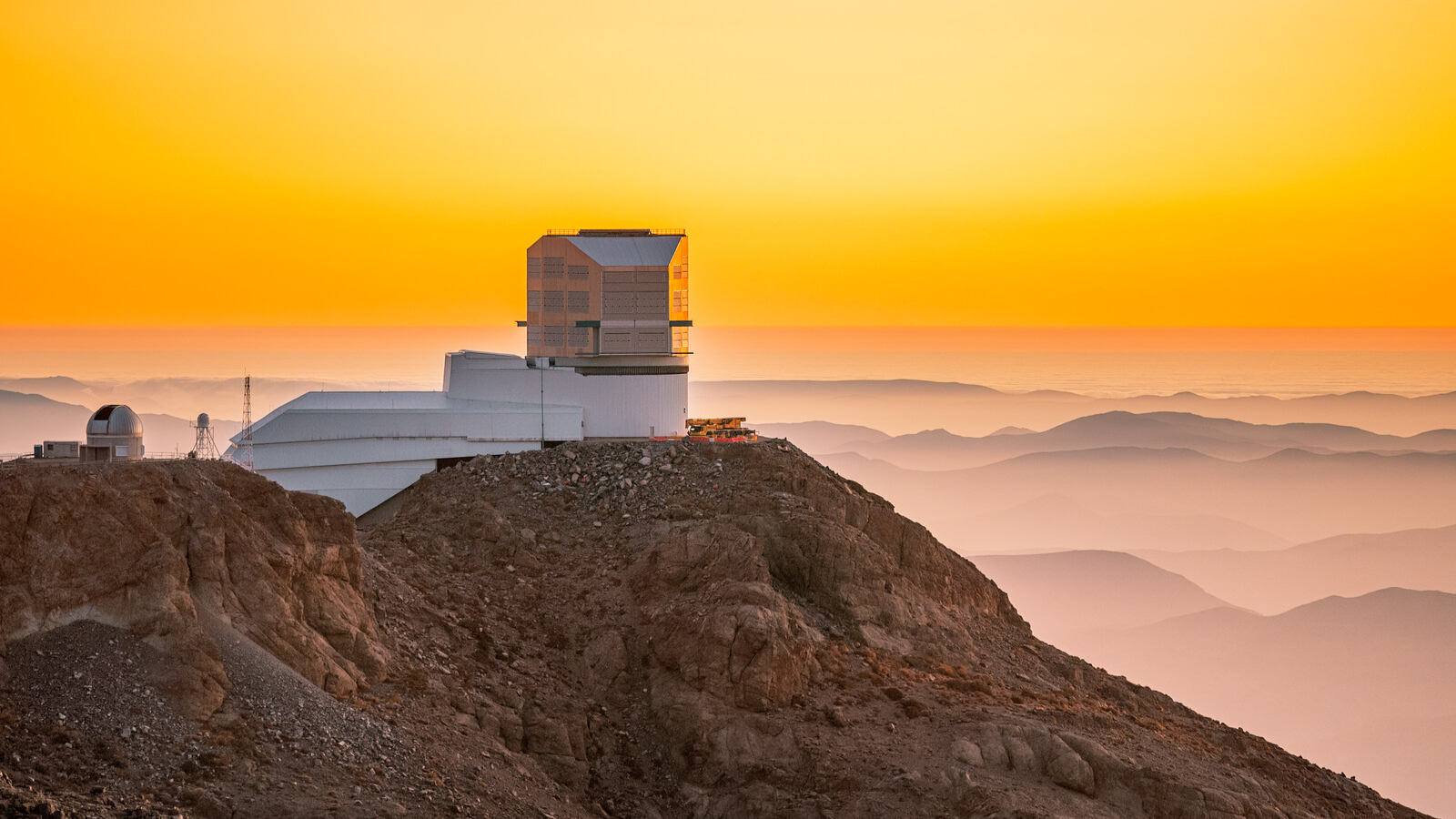Soyuz Rocket Launches 1st of Many Satellites for OneWeb's Global Internet Constellation
The first batch of satellites that will make up OneWeb's immense global satellite internet constellation successfully launched into orbit today (Feb. 27) on a mission to make the internet accessible to people everywhere on Earth.
A Soyuz rocket provided by the European launch company Arianespace lofted six OneWeb satellites into low Earth orbit today after lifting off from the Guiana Space Center in French Guiana at 4:37 p.m. EST (2137 GMT). Those six satellites are the first of hundreds that the Virginia-based communications company OneWeb plans to launch over the next two years.
"And they are off! The first six OneWeb satellites have begun their journey," a commentator for Arianespace said during a live webcast of today's launch as the Soyuz rocket soared into a blanket of clouds.
In Photos: OneWeb Launches New Global Satellite Internet Constellation
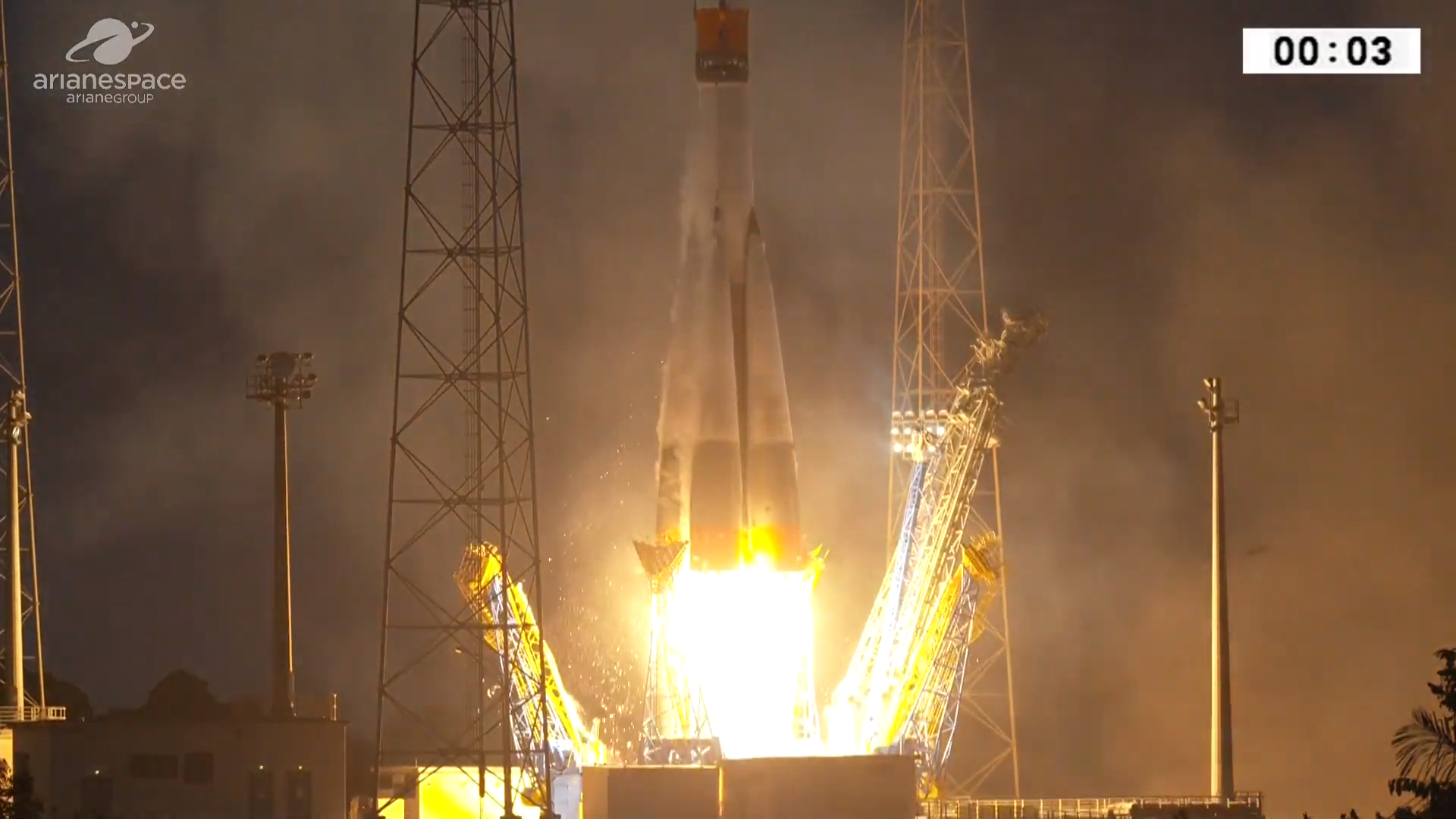
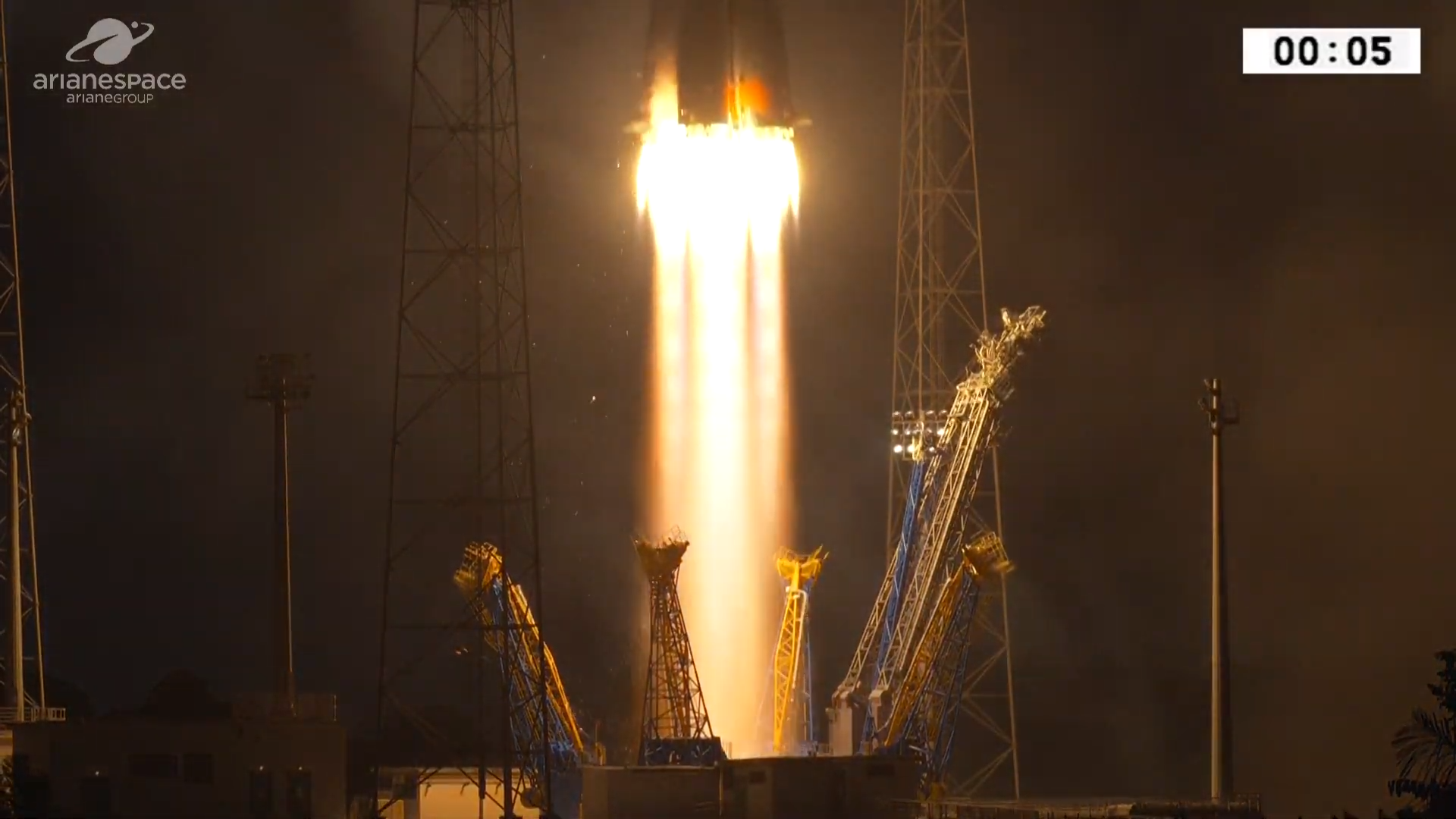
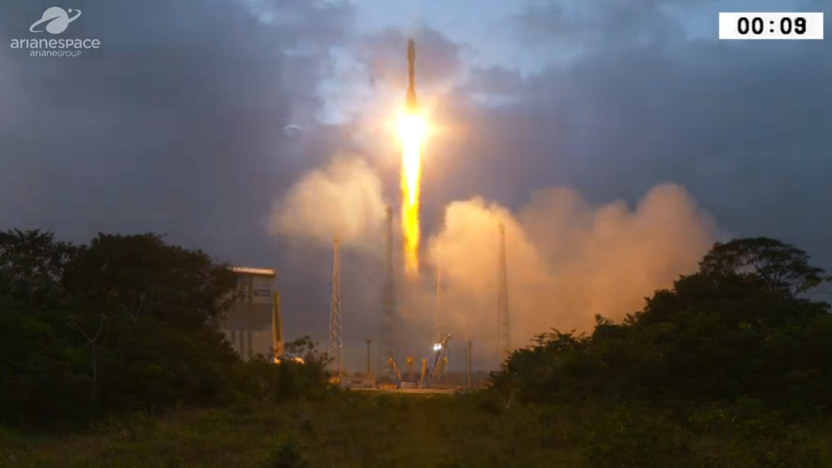
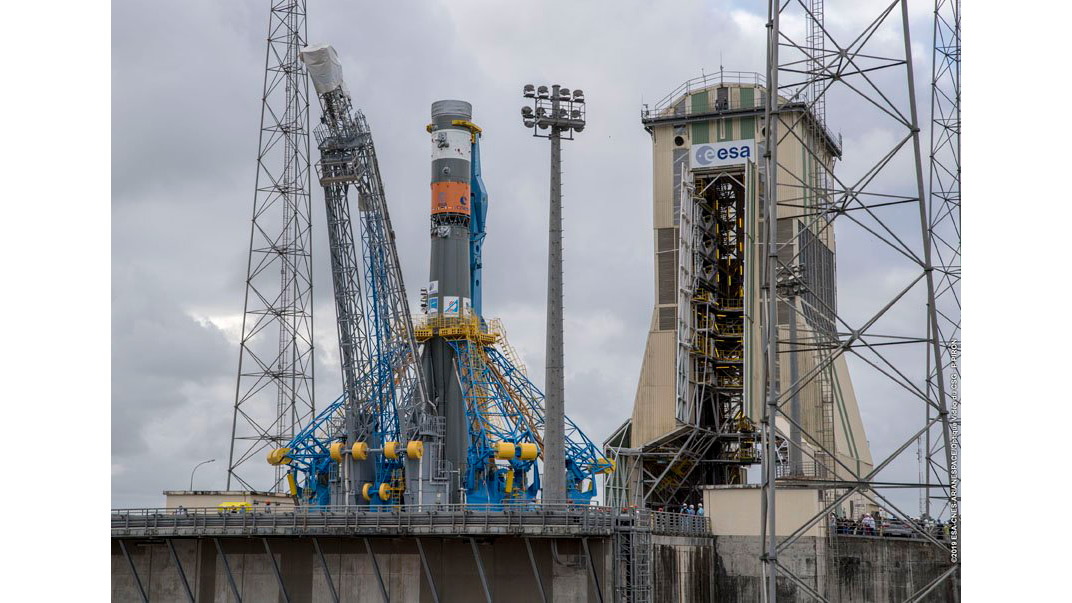
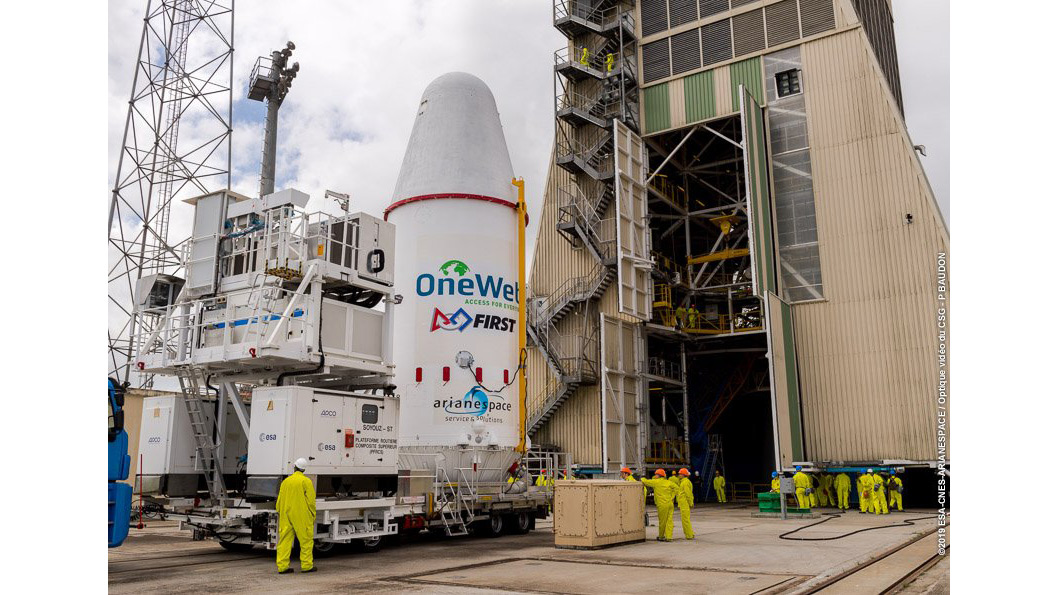
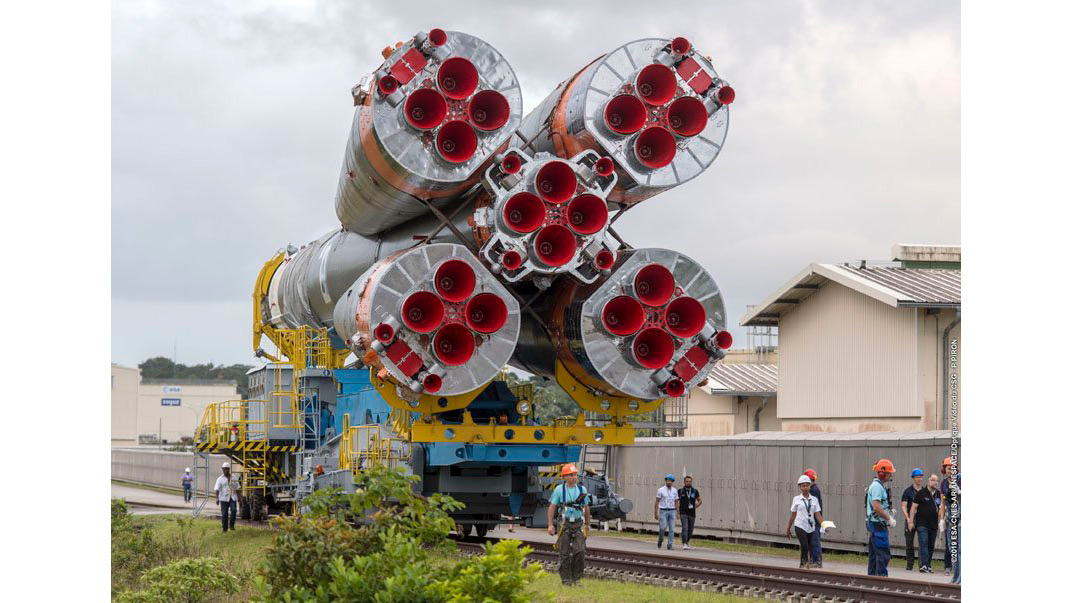
One hour after liftoff, two of the six OneWeb satellites successfully separated from the rocket's upper stage, and the other four satellites were released into their orbits about 20 minutes later.
About the size of a washing machine, the satellites each weigh about 326 lbs. (148 kilograms). They will circle the Earth in near-polar orbits, passing over the North and South poles at an altitude of about 750 miles (1,200 kilometers).
Initially, OneWeb's constellation will consist of 648 satellites that will start providing worldwide internet access via Ku-band radio frequencies by 2021. And that's just the beginning. OneWeb plans to increase that total to more than 900 satellites as the company scales to meet a growing demand for its service.
Breaking space news, the latest updates on rocket launches, skywatching events and more!
According to OneWeb founder Greg Wyler, the company determined it would need at least 600 satellites, because that "is what it takes to achieve global coverage and coincidentally where the company reaches enough profitability to self-fund growth," he tweeted in January. "Remember, 600 is the minimum number, not the maximum."
However, OneWeb is already considering more than tripling that number by launching nearly 2,000 additional V-band satellites, Wyler told SpaceNews. Roughly one-third of them will join the first-generation satellites in low Earth orbit. The rest will make up a separate constellation that will orbit at a higher altitude in medium Earth orbit.
"With its system deployed, the OneWeb constellation will enable user terminals capable of offering 3G, LTE, 5G and Wi-Fi coverage, giving high-speed access around the world – by air, sea and land," Arianespace officials said in a statement.
Orbital debris
With so many satellites circling Earth in similar orbits, OneWeb has been conscientious about mitigating the risk of orbital debris or "space junk." If any of the satellites were to crash into each other or any other satellite in orbit, the debris created by the crash could pose serious problems for anything in their path. Space debris can break operational satellites and even puncture the walls of the International Space Station, putting human lives at risk.
Thankfully, OneWeb has a plan to make sure that its satellites don't crash into anything. The company designed the satellites to autonomously conduct maneuvers to dodge other objects in orbit. "We have to make sure that all of the satellite systems have their own altitudes, that they are not all at the same place physically at the same time," Wyler told SpaceNews. OneWeb satellites have a five-year life span, and once they are no longer operational, they will deorbit and burn up in the atmosphere as they safely fall to Earth.
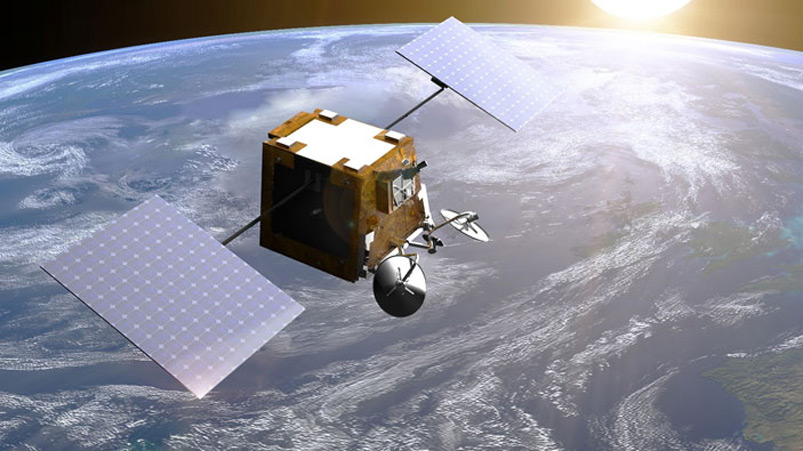
Further complicating the space-debris problem, several other communications companies are also working to build their own global satellite internet constellations.
SpaceX has already launched prototype satellites for its Starlink constellation, and the company aims to launch nearly 12,000 satellites by the mid-2020s. Samsung has also announced plans to launch its own constellation of 4,600 satellites within the next decade, and Boeing is considering launching a nearly 5,000-satellite constellation as well, according to Universe Today.
These plans by satellite internet providers to offer access to a cheaper and more reliable internet spells good news for consumers, especially those living or traveling in rural areas with little to no connectivity. However, if any of these companies end up creating a field of orbital debris, the dream of worldwide internet access could be short-lived.
- SpaceX, OneWeb Detail Constellation Plans to Congress
- Blue Origin Signs OneWeb as 2nd Customer for New Glenn Reusable Rocket
- Space Junk Solution? Tiny Cubesat to Test New De-Orbiting Thruster
Email Hanneke Weitering at hweitering@space.com or follow her @hannekescience. Follow us on Twitter @Spacedotcom and on Facebook.
Join our Space Forums to keep talking space on the latest missions, night sky and more! And if you have a news tip, correction or comment, let us know at: community@space.com.

Hanneke Weitering is a multimedia journalist in the Pacific Northwest reporting on the future of aviation at FutureFlight.aero and Aviation International News and was previously the Editor for Spaceflight and Astronomy news here at Space.com. As an editor with over 10 years of experience in science journalism she has previously written for Scholastic Classroom Magazines, MedPage Today and The Joint Institute for Computational Sciences at Oak Ridge National Laboratory. After studying physics at the University of Tennessee in her hometown of Knoxville, she earned her graduate degree in Science, Health and Environmental Reporting (SHERP) from New York University. Hanneke joined the Space.com team in 2016 as a staff writer and producer, covering topics including spaceflight and astronomy. She currently lives in Seattle, home of the Space Needle, with her cat and two snakes. In her spare time, Hanneke enjoys exploring the Rocky Mountains, basking in nature and looking for dark skies to gaze at the cosmos.
